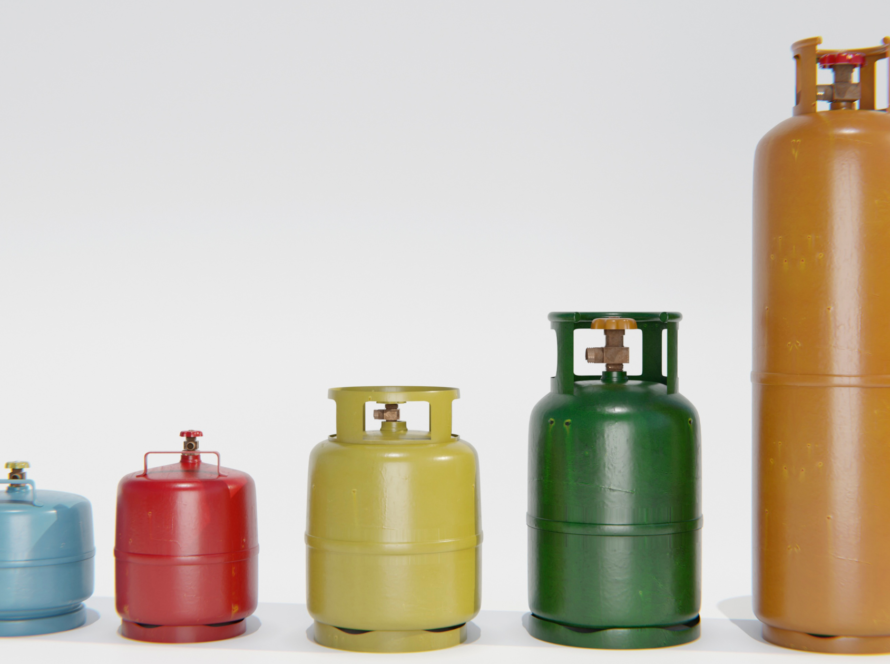As the UAE continues to position itself as a global hub for trade, innovation, and sustainability, food security has become a critical area of focus. The country’s reliance on imports for most of its food supply has highlighted the need for diversified sourcing to ensure long-term sustainability. One of the most promising regions helping to shape the UAE’s agricultural landscape is Africa, with its abundant agricultural resources and growing capacity for horticultural production. By importing a variety of fresh fruits, vegetables, and other crops from Africa, the UAE is not only securing its food supply but also fostering deeper international partnerships that support sustainable agriculture.
In this blog, we will explore the role of African horticultural imports in bolstering food security and diversification in the UAE and how this aligns with the country’s vision for a more resilient and sustainable agricultural system.
1. The Importance of Diversification in the UAE’s Food Security Strategy
The UAE, like many other countries in the Middle East, faces unique challenges when it comes to food security. Its arid climate and limited arable land make it difficult to produce enough food to meet domestic demand. As a result, the UAE imports about 85-90% of its food. The reliance on international suppliers presents risks, especially when global trade routes are disrupted or when external factors—such as climate change or political instability—affect food production.
To address these vulnerabilities, the UAE has made food security a national priority. The National Food Security Strategy 2051, launched by the UAE government, focuses on improving the sustainability of the country’s food systems. One of the key strategies in this initiative is diversification, which involves sourcing food from a wide range of international partners to ensure a reliable and diverse food supply.
Africa, with its vast agricultural resources, has become a crucial partner in this diversification effort. African countries, particularly those in East and West Africa, are increasing their capacity for large-scale horticultural production and export, making them ideal suppliers for the UAE.
2. Africa’s Horticultural Boom: A New Frontier for Agricultural Imports
Africa is a continent blessed with vast agricultural potential, thanks to its varied climates, fertile soils, and abundant natural resources. Over the last decade, the horticultural sector in Africa has seen significant growth, driven by investments in modern farming techniques, improved infrastructure, and better access to international markets.
Countries like Kenya, Ethiopia, Morocco, and South Africa are major players in Africa’s horticultural exports, supplying a wide range of fruits, vegetables, and herbs to markets around the world. In particular, the UAE has become an important destination for African produce, thanks to its strategic location as a global trading hub and its growing demand for fresh, high-quality agricultural products.
African exports to the UAE include mangoes, avocados, bananas, citrus fruits, and vegetables such as tomatoes, peppers, and spinach. These products are highly valued for their freshness, nutritional content, and ability to meet the UAE’s growing consumer demand for healthy, diverse food options.
3. Strengthening Food Security Through Trade Partnerships
The partnership between Africa and the UAE in the field of agriculture is more than just a commercial arrangement; it’s a vital component of the UAE’s broader food security strategy. By diversifying its sources of fresh produce, the UAE is reducing its reliance on any single region or supplier. This helps to mitigate risks related to climate change, geopolitical instability, and supply chain disruptions.
Moreover, the UAE has been actively working to foster stronger trade relations with African countries, encouraging both governments and businesses to collaborate on sustainable agricultural practices. This includes investing in infrastructure, facilitating access to financing for farmers, and improving logistics to ensure that produce reaches the UAE quickly and in optimal condition.
The UAE’s role as a global trading hub allows it to serve as a crucial link between African producers and the rest of the world. Through this partnership, the UAE can access a steady supply of high-quality, fresh produce while supporting Africa’s agricultural growth and sustainability.
4. How African Imports Support Sustainable Agriculture in the UAE
The UAE is increasingly focusing on sustainable agriculture as part of its broader environmental and economic goals. The use of African horticultural imports plays a pivotal role in this vision by promoting resource-efficient and climate-resilient agricultural practices.
Reducing Carbon Footprint through Efficient Logistics
One of the benefits of importing African produce to the UAE is the development of efficient logistics networks that reduce carbon emissions. As African countries ramp up their agricultural exports, both parties are working together to optimize transportation methods and cold storage technology, ensuring that products arrive at their destination with minimal waste. By focusing on efficiency and sustainability in supply chains, the UAE is helping reduce the environmental impact of food imports.
Encouraging Local Production through Knowledge Sharing
Another way in which African imports contribute to sustainable agriculture in the UAE is through knowledge exchange. The UAE has long been a pioneer in using cutting-edge technology and innovation in agriculture, such as hydroponics, vertical farming, and desalination technology. By partnering with African nations, the UAE can share these innovations and provide technical assistance, helping African farmers increase productivity while reducing their environmental impact. In turn, Africa’s rich agricultural knowledge and traditional practices also provide valuable lessons for the UAE’s own efforts in sustainable food production.
Supporting Climate-Resilient Crops
Many African countries are home to crops that are naturally suited to harsh climatic conditions, such as drought-resistant varieties of grains and fruits. By importing these climate-resilient crops, the UAE can further diversify its food supply and ensure that it is well-positioned to withstand the challenges posed by climate change. This also helps reduce the strain on local agriculture, which often struggles to produce enough food due to extreme weather conditions and water scarcity.
5. Strengthening Regional Cooperation for Long-Term Food Security
The future of food security in the UAE depends not only on international trade but also on regional cooperation. As the UAE strengthens its ties with African agricultural exporters, it is also working to enhance its food security strategy by collaborating with neighboring countries in the Gulf Cooperation Council (GCC) region.
Through collaborative efforts, the UAE can leverage the agricultural potential of neighboring regions and build resilient, interdependent food systems that minimize the risks of food insecurity. By fostering partnerships with countries across Africa and the Middle East, the UAE is ensuring that its food security is not just sustainable but also adaptable to changing global conditions.
6. The Future: A Vision of Sustainability and Resilience
Looking ahead, the UAE’s commitment to food security is set to drive further collaboration between Africa and the UAE’s agricultural sectors. As the demand for high-quality, fresh produce continues to rise, African exports will play a critical role in meeting the UAE’s needs. At the same time, the partnership will continue to promote sustainable agricultural practices, resource efficiency, and climate resilience, which align with both nations’ environmental and economic goals.
By embracing African horticultural imports as part of its broader strategy for sustainable food security, the UAE is not only securing its food future but also contributing to the growth and sustainability of agriculture across Africa. This mutually beneficial relationship is an example of how international cooperation can shape a more sustainable and food-secure future for all.
In conclusion, African imports are playing an increasingly important role in shaping the UAE’s agricultural landscape, bolstering food security, and contributing to the country’s vision for sustainable, climate-resilient agriculture. By continuing to build on these partnerships, the UAE is paving the way for a more secure and sustainable food future while supporting agricultural growth in Africa. The future of food security in the UAE is one of collaboration, innovation, and sustainability, with Africa playing a pivotal role in this dynamic evolution.



